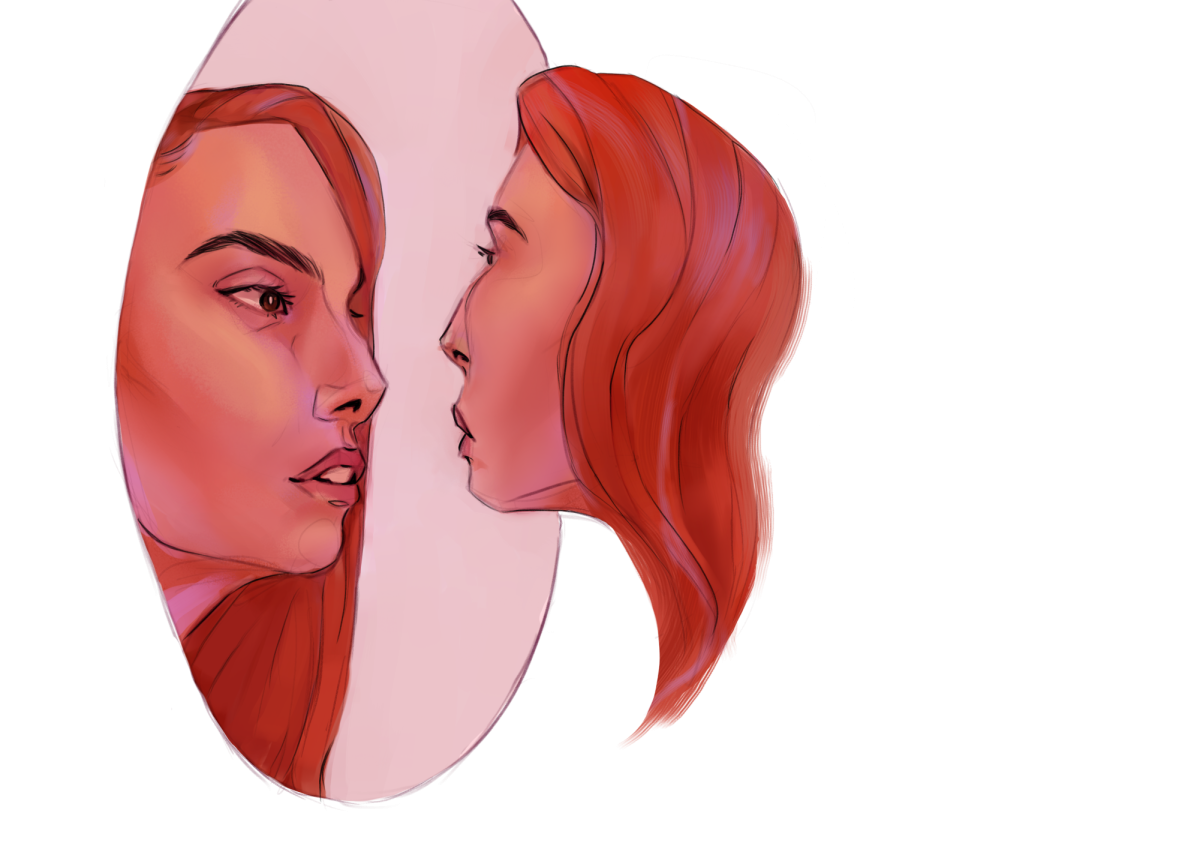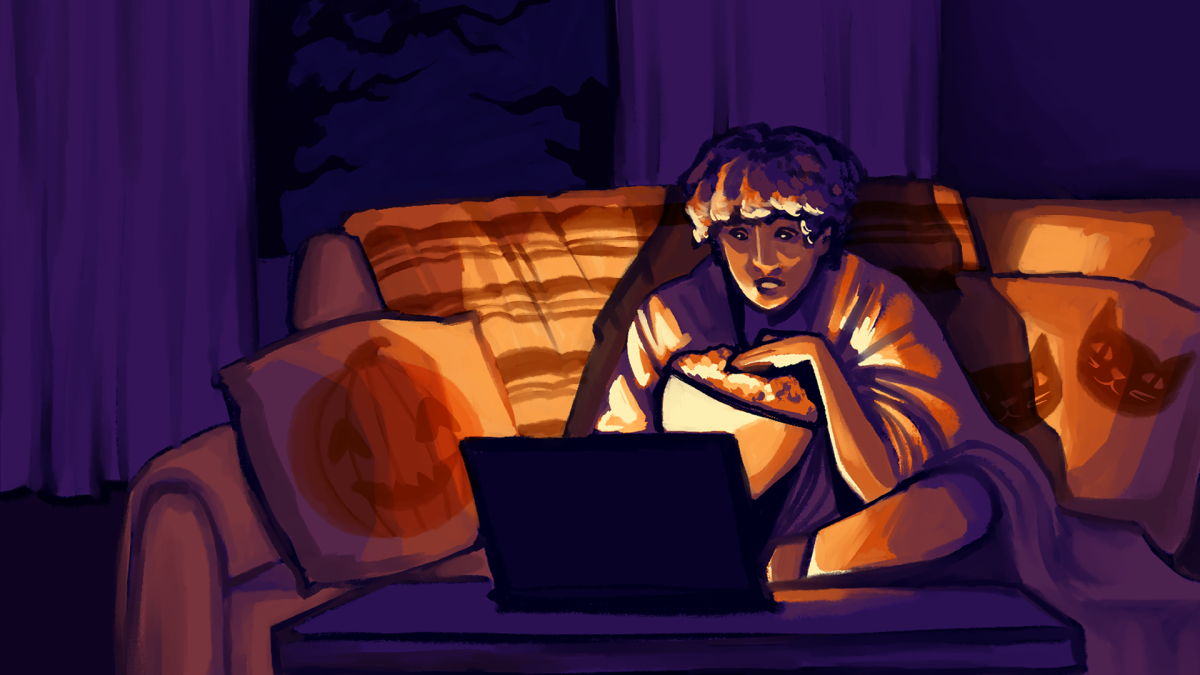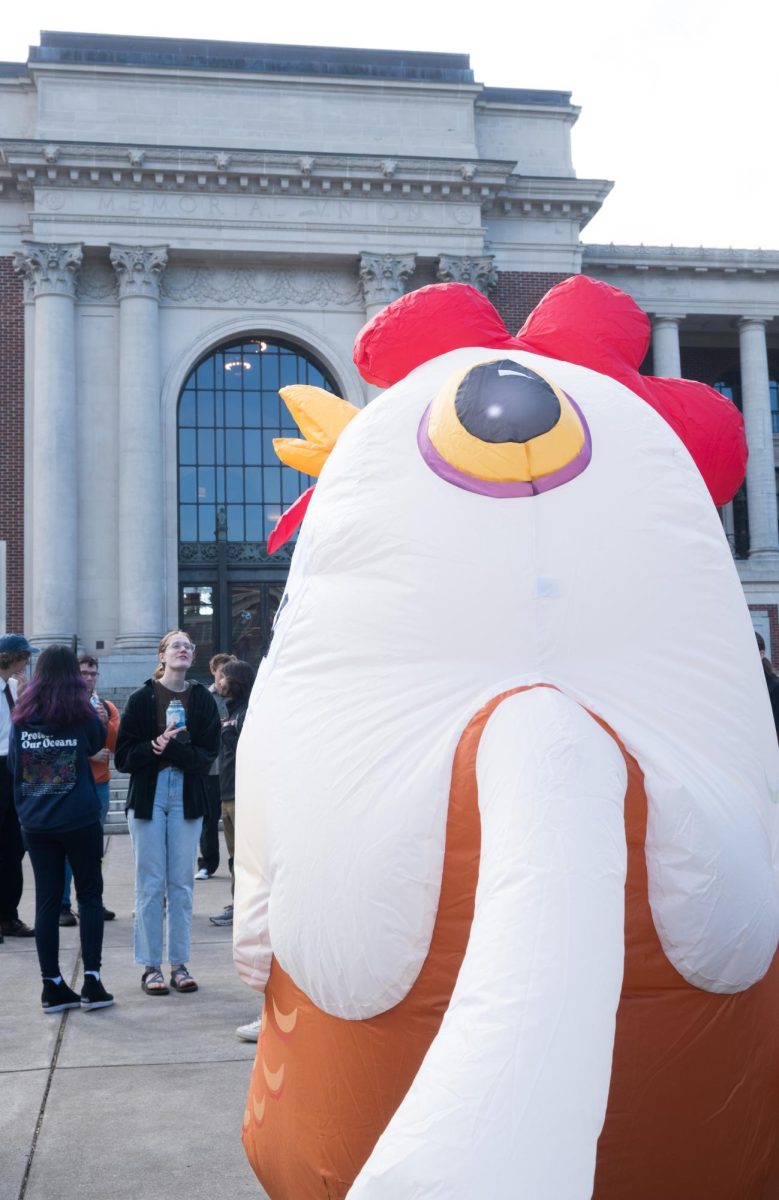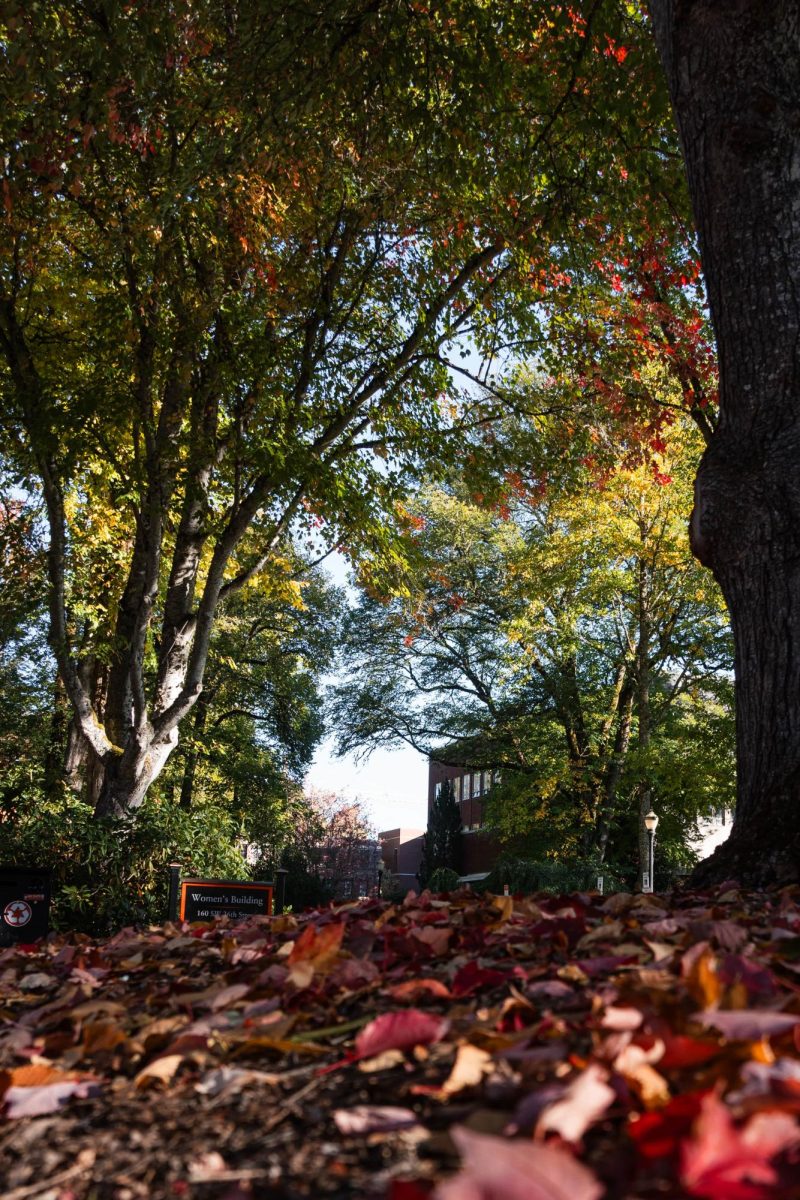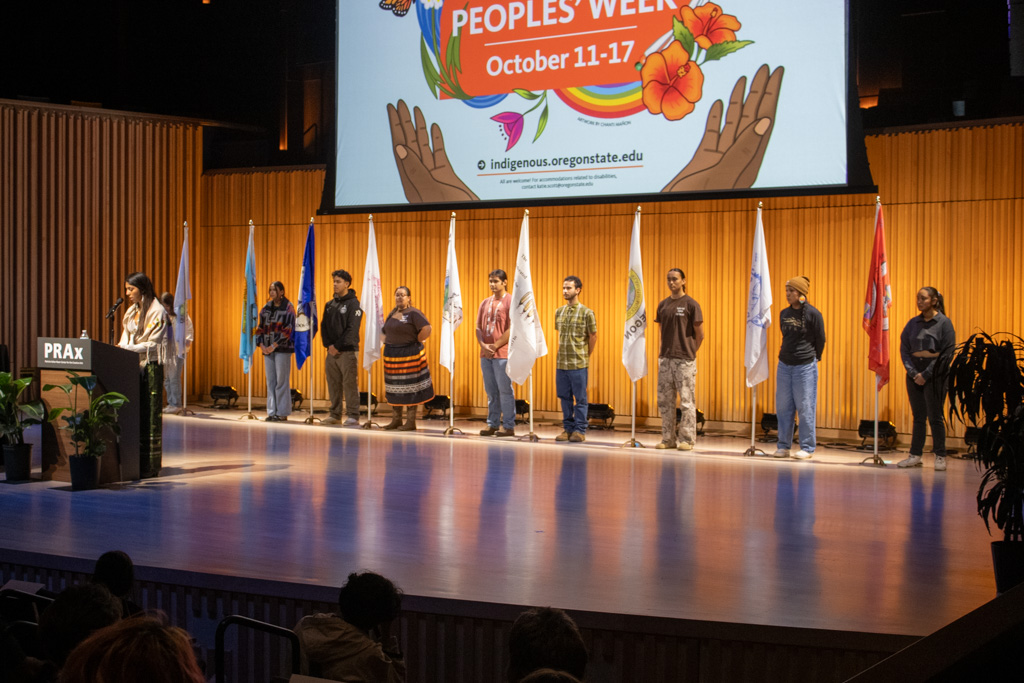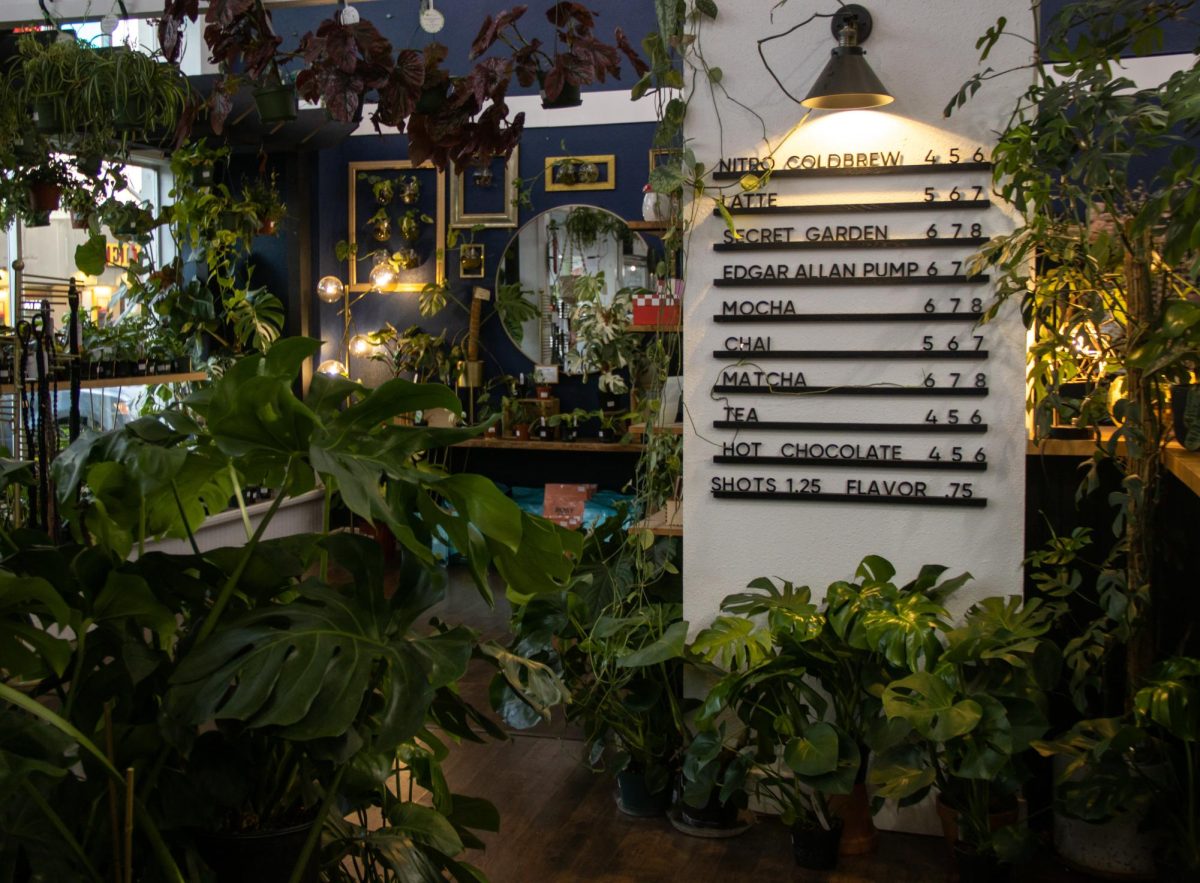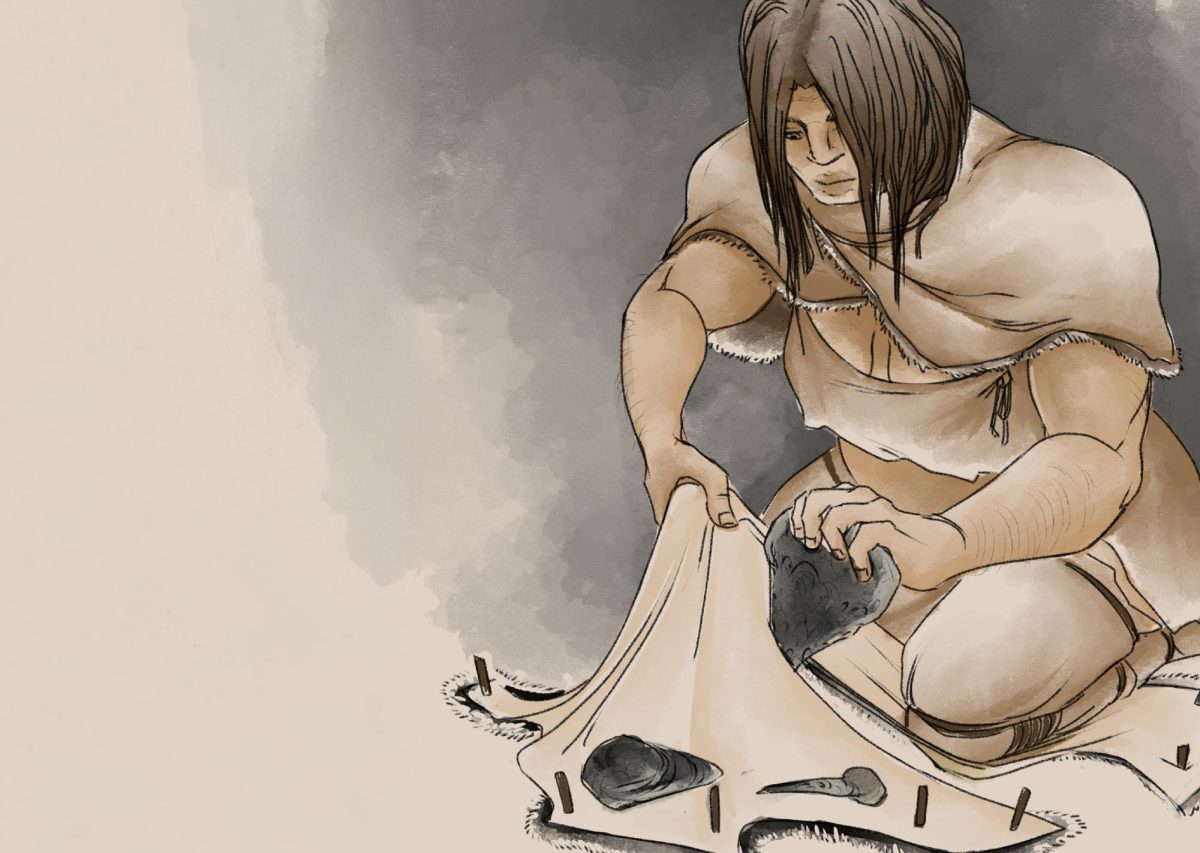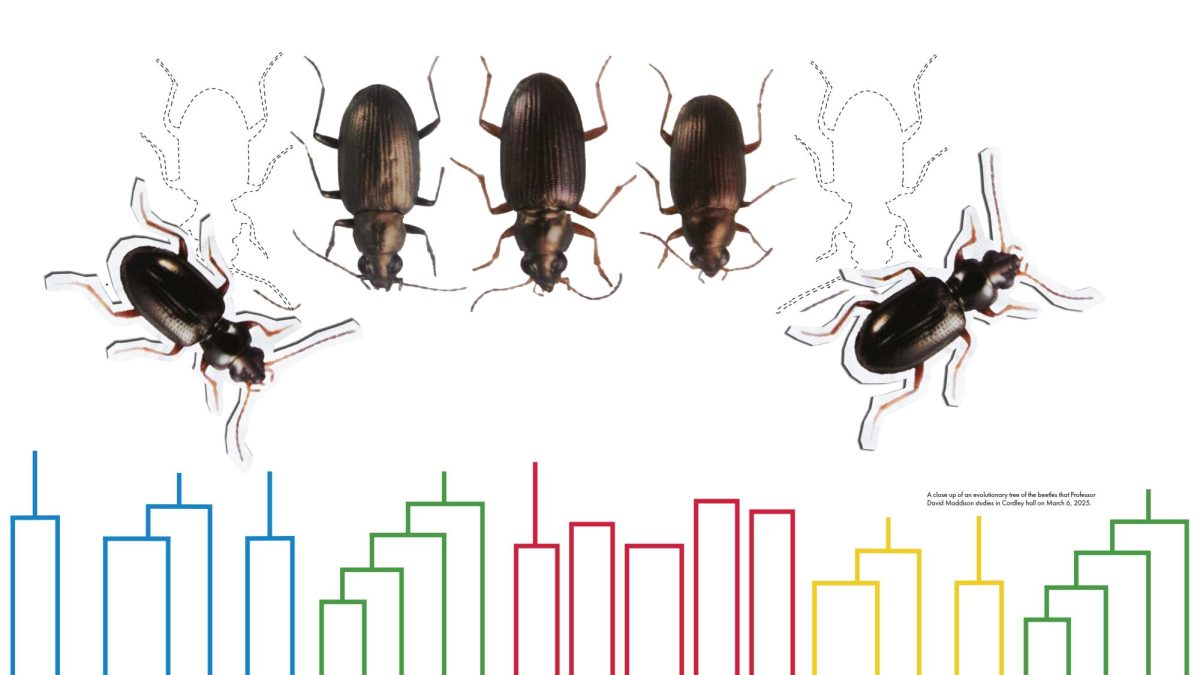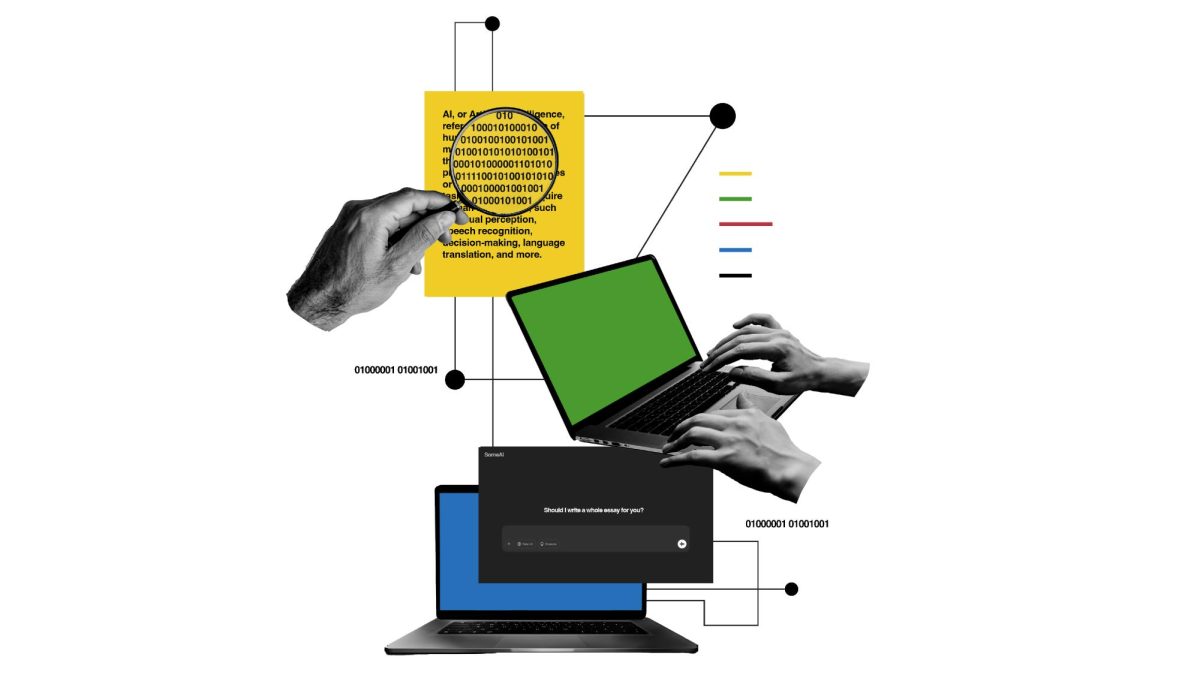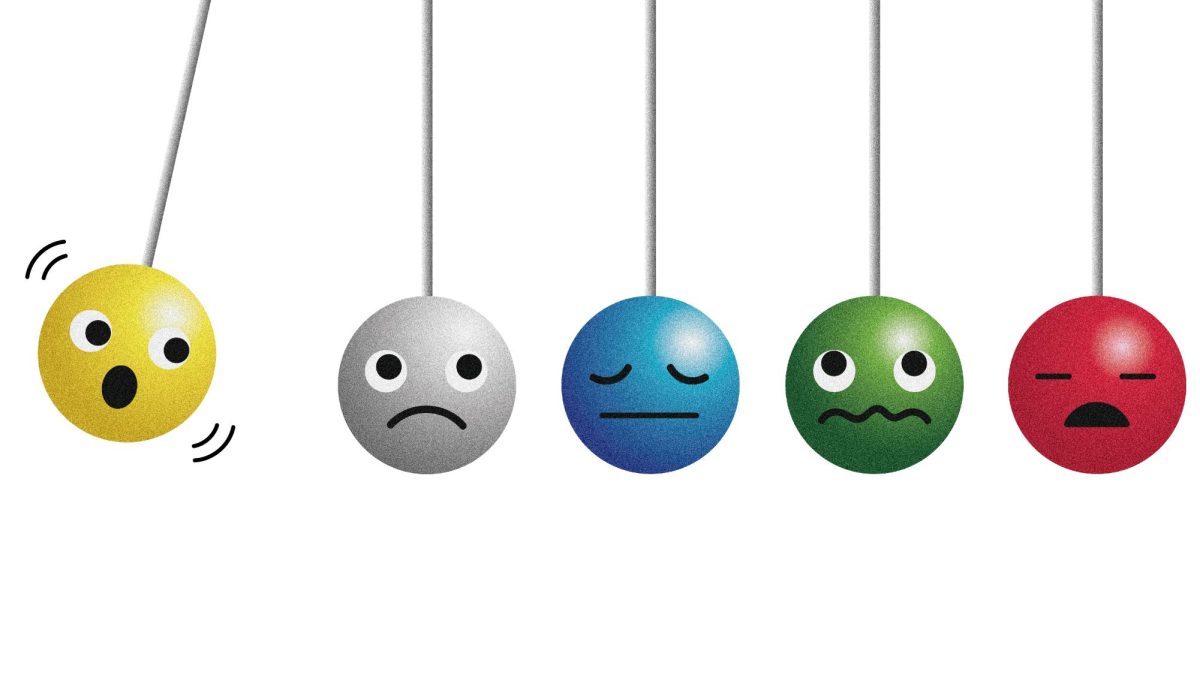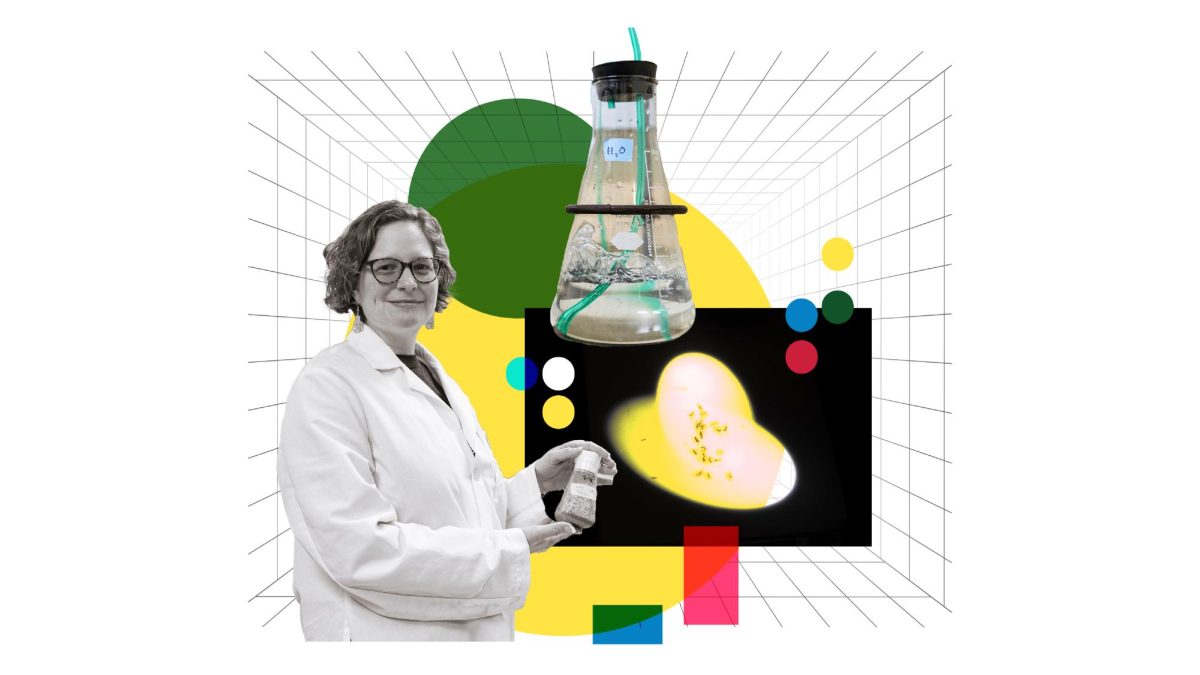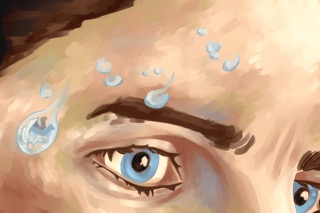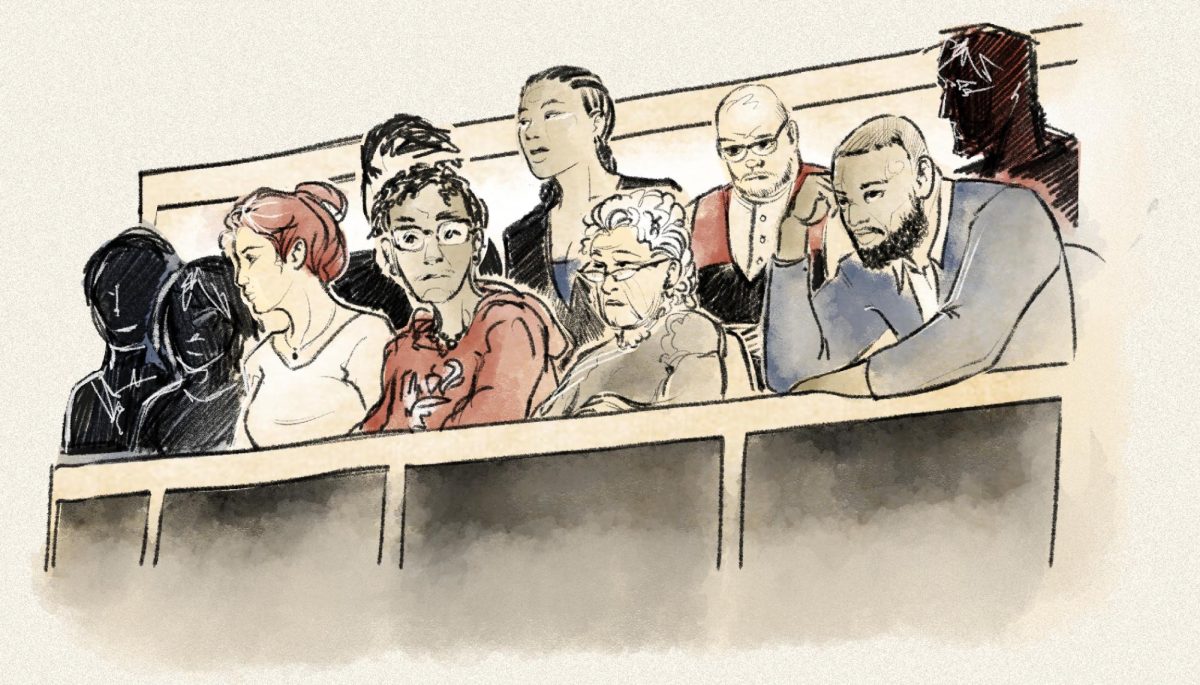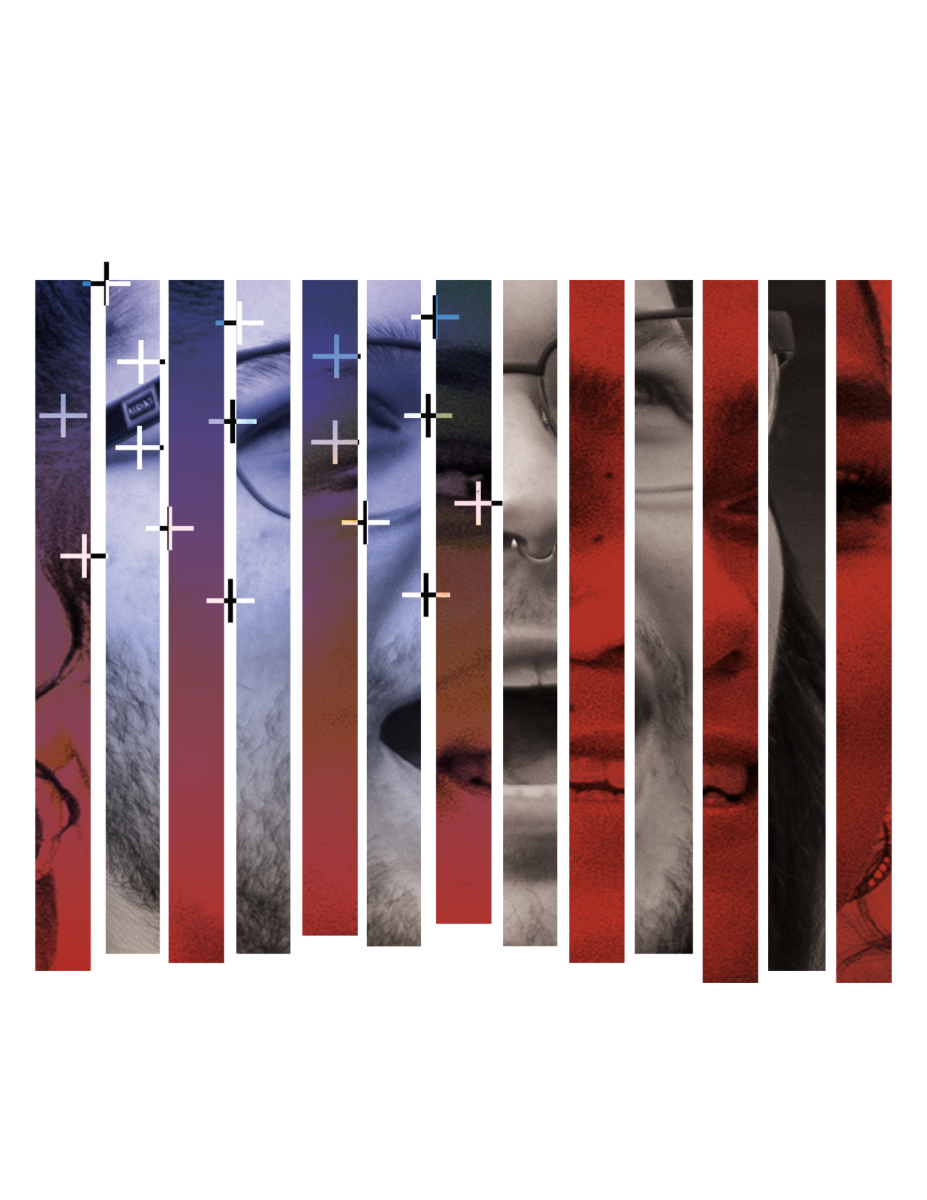Growing up we’re surrounded by stigmas and biases about how we should act as teenagers and young adults. We’re expected to have some sexual experiences under our belt, yet not too many.
Media and entertainment portrays the idea that high school students should go to college “experienced”, to fit college stereotypes, such as partying and experimenting with “hook-up culture”.
In a poll conducted by New York Magazine and SurveyMonkey, nearly 40% of 700 college students said they were virgins.
This statistic may be shocking for some, as this seems to disprove the assumption that college students are rarely virgins, whether they came to college being sexually inexperienced or if they remain inexperienced throughout their college years.
Amanda Stevens, sexual health specialist at Oregon State University’s Center for Advocacy, Prevention and Education, points out that words such as “experienced” and “inexperienced” are subjective, and “are not necessarily related to a person’s knowledge of a topic.”
For example, someone may be experienced in sexual education but they aren’t sexually active, while another student may be experienced in sexual activity, but wasn’t taught how to reduce STI transmissions or apply barrier methods.
“Every two years the university conducts the National College Health Assessment, and while the numbers vary slightly from year to year, typically about a third of OSU students surveyed report having never engaged in oral, vaginal or anal intercourse,” Stevens said.
In an Instagram poll conducted on Nov. 20, college students from OSU and surrounding colleges were asked if they came into college “inexperienced.” Out of 47 students, 53% said they were sexually experienced coming to college and 47% said they weren’t.
Grace Sopko, a third-year industrial engineering major, was one of these “inexperienced” students.
“I didn’t really have many relationships in high school so I went into college fairly naive to things,” Sopko said. “I found it very intimidating attempting to start a relationship in college because of how inexperienced I was.”
Feeling intimidated or outcasted can be a common feeling in those who have less experience under their belts, although, according to Stevens, students who are engaged in sexual activity may also fear judgment and criticism from others for their choices.
“If and when to become sexually active is an extremely personal choice that each person should be able to make for themselves, without fear, judgment or criticism,” Stevens said.
Sopko was aware of the college stereotypes surrounding sex and partying and strayed away from these things her freshman year. She heard of these stereotypes from TV and other forms of media, also from an “older, more experienced friend sharing their college experiences.”
“I was worried I wouldn’t fit in or that people would treat me differently,” Sopko said.
Hana Hemingway, a fourth-year kinesiology major, defines her inexperience differently. She said she was scared to go to college given the stereotypes and assumptions.
“I didn’t understand what felt good, or how good sex was supposed to feel, alone or with a partner,” Hemingway said. “I didn’t want to be judged for not knowing how to please someone else or how to make myself feel good.”
Hemingway says having more resources could help absolve the stigma of being inexperienced, while also allowing people to explore their sexual preferences without judgment.
“This time (in college) is supposed to be (about) exploring and finding yourself and forgetting about the judgment of the past,” Hemingway said.
For additional information on sex advocacy, prevention and education, visit CAPE’s website to learn more.

